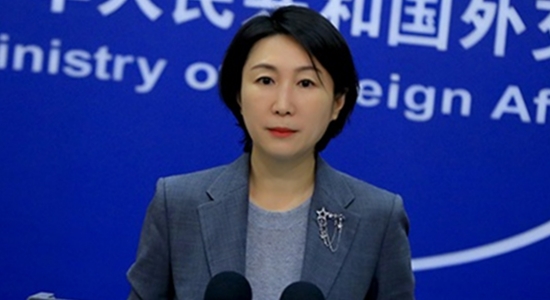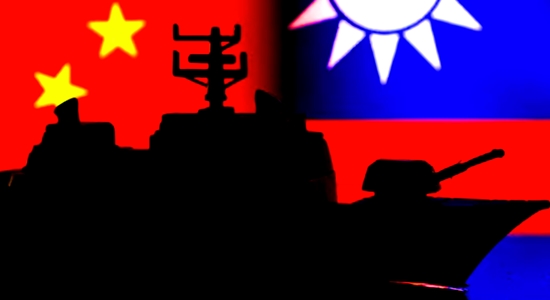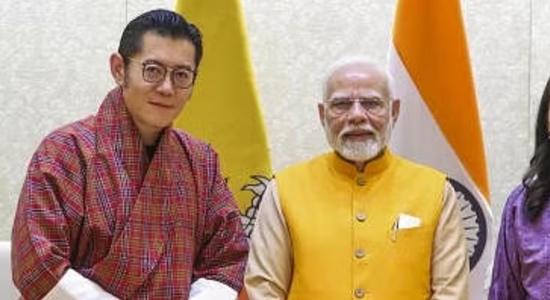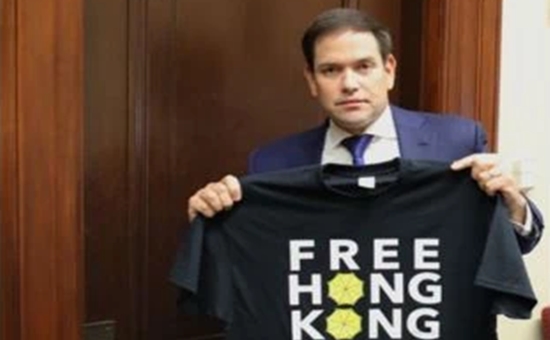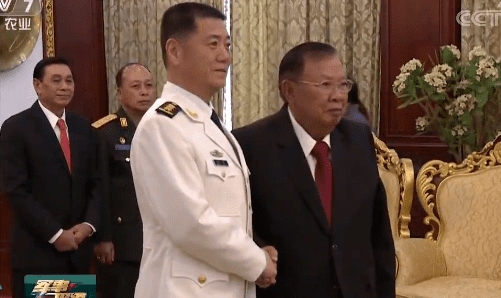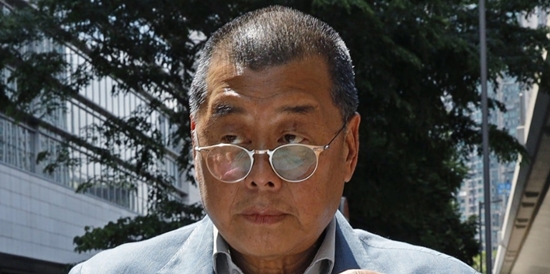
Hong Kong media magnate Jimmy Lai has continued to testify at his show trial, which will probably not end with his being released from prison by the Chinese Communist Party.
On Wednesday of last week, the former publisher of the pro-democracy newspaper Daily Apple said that although he had been determined to keep fighting for Hong Kong’s freedom prior to China’s imposition of the National Security Law of 2020, doing so would be “senseless” now that it has been imposed (Hong Kong Free Press, December 4, 2024).
The tycoon was explaining his state of mind in early June 2020—before the enactment of the security law—when he said he would “fight on” in an interview given to US think tank the Hoover Institute.
Asked by the interviewer whether he would leave Hong Kong and what his next move was, Lai said: “Fight on. Fight on. Now it’s not the time for safety. Now it’s the time for sacrifice.”
“Did you intend to continue fighting, even if fighting itself becomes illegal?” his lawyer Steven Kwan asked the Apple Daily founder, who was giving evidence for the tenth day.
“I will not be fighting on an illegal ground because it would be senseless—because once you do something illegal, you are arrested, there’s no room to fight,” Lai said.
“Now with the national security law, no fighting is possible. You know, in my opinion, it’s useless to fight in Hong Kong now, it’s beyond redemption,” he added.
“Legal protest” and “illegal protest” against the Chinese state is one of the distinctions that Lai has been making which the Chinese Communist Party does not recognize—even if for many years it was unwilling or unable to quell protest in Hong Kong after the British turned it over in 1997. Law and “rule of law” are whatever the totalitarian dictatorship decides they are at any particular moment.
Lai told the court: “I don’t think I have done anything illegal but now I have been in jail for four years.”
South China Morning Post reports that on Friday, the court examined a Fox News interview with Lai that Fox conducted shortly after passage of the National Security Law, an interview “in which Lai revealed that he could not grasp the consequences” of this law.
“Probably I’ll have to go to prison, but I don’t know. When your government has no respect [for] the law, you don’t know where the line is,” he told the TV host.
Lai tells the court that he still thought “there was no red line in the national security law”, adding offences that constituted breaching the law were “very opaque”.
But he says one thing he knew for certain was that requesting foreign sanctions must cross the red line, an action he denies taking after the law was enacted.
During the trial, Jimmy Lai has put on record some of his thoughts and probably some concealments of his thoughts. We also have a record of his thinking and experiences while in prison. There Lai has been keeping a journal, some entries of which have been smuggled out (“He Fought for Freedom. Then He Chose Prison,” The Free Press, December 4, 2024).
From the moment he wakes, Lai is reminded that his jailers are in charge. Prison regulations prohibit clocks and watches. Waking in the predawn dark on June 28, 2022, a guard told Lai it was 4:30 a.m. “I asked him to turn the light on for me and he said ‘no,’ ” writes Lai. “So I started my morning stretching exercise and ate my morning orange.”
“While I was cleaning up, the guard came and switched the light on for me, as if his conscience revoked his earlier decision not to help me,” continues Lai. “I was touched by his sympathetic help.”
Lai’s prison writings are filled with empathy for the prison’s guards. On one occasion, a guard hurries Lai, urging him to stop what he was doing in order to meet a visitor. Reflecting on the occasion, Lai writes: “I lost my temper at the guard. ‘I’m a prisoner—that doesn’t mean I’m not a human being!’ ”
“He kept quiet and seemed to be intimidated by my tantrum…. I was sorry. I should not let off my temper. I turned to him and, in a contrite manner, held my hand out to shake his hand and apologize. He was surprised and smiled.”
Lai knows that the guards are victims of the same system that imprisons him; he records them joking that, “We are prisoners from 7 a.m. to 7 p.m.” Reporting to work, they must surrender their cell phones and subject themselves to searches. They enter the cell blocks with only their uniforms.
Being nice to an inmate is risky in this prison system. One guard told Lai: “If any of us do anything extra nice to you, never say it to anyone or you would get him into trouble.”
